On Jan. 24, the WICPA Wisconsin Taxation Committee met with representatives from the Wisconsin Department of Revenue for clarifications and how to address certain situations that have risen in practice and developed a set of Questions and Answers.
Additional and revised responses to questions from the annual meeting are below.
1. What proof is required for a seller to show an auditor that they received an exemption certificate no later than 90 days after a sale?
Background:
In order to be relieved of liability, a seller must obtain a fully completed exemption certificate from the purchaser no later than 90 days after a sale. A fully completed exemption certificate received for a previously similar transaction and marked "continuous" will meet this requirement.
Upon audit, if the seller did not obtain a fully completed exemption certificate prior to or no later than 90 days after a sale, an auditor may question whether an exemption certificate was received in good faith. If no exemption certificate was received, the auditor must allow a seller 120 days, from the date of the auditor's request, to obtain a fully completed exemption certificate from the purchaser.
See sec. 77.53(11), Wis. Stats., and sec. Tax 11.14, Wis. Admin. Code.
Paper certificates
In most cases, an auditor will accept the date signed by the purchaser as evidence the exemption certificate was received prior to or no later than 90 days after the sale. If there are questions about date received, the auditor may ask the seller if the auditor may contact the purchaser to verify if and when the exemption certificate was given to the seller.
Electronic certificates
An exemption certificate obtained electronically does not require a signature of the purchaser. The seller should maintain documentation to prove the exemption certificate was received prior to or no later than 90 days after the sale (e.g. e-mail or other electronic transmission). If there are questions about date received, the auditor may ask the seller to prove date of receipt or if the auditor may contact the purchaser to verify if and when the exemption certificate was given to the seller.
Note
A seller is not relieved of any liability for the tax on the transaction if it is discovered through the audit process that the seller knowingly participated in an activity intended to purposefully evade the tax that is properly due on the transaction.
2. Are all data elements required to create an exemption certificate using the department's online tool (Form S-211E)?
No. You may create a blank exemption certificate (Form S-211E) to send to your client using the department's online tool. However, a seller must obtain a fully completed exemption certificate from your client to be relieved of any liability on a transaction. See sec. 77.53(11), Wis. Stats., and sec. Tax 11.14, Wis. Admin. Code. for additional information.
3. Is withholding tax paid by an entity in another state (e.g., Illinois) on behalf of its members considered a "composite return" for purposes of the Wisconsin entity-level credit for taxes paid to another state (TPOS credit)?
A partnership or tax-option (S) corporation may claim a credit for withholding taxes paid to another state on behalf of a Wisconsin resident partner or shareholder (sec. 71.07(7)(b)3., Wis. Stats.), if all of the following apply:
• The law in the other state provides that the Wisconsin resident is not required to file an individual income tax return because the individual's net income tax liability is considered paid in full as a result of the withholding tax paid by the entity on the Wisconsin shareholder's income attributable to the other state.
• The Wisconsin resident does not file an individual income tax return in the other state.
• The income taxed by the other state is attributable to amounts that would be reportable to Wisconsin if the entity-level tax election was not made.
• The partnership or tax-option (S) corporation pays the liability shown on the other state's withholding tax return. Amounts paid to the other state are considered paid to that other state only in the year in which the withholding tax return for that state was required to be filed.
• The partnership or tax-option (S) corporation attaches a copy of the other state's withholding tax return to its Wisconsin Form 3 or 5S.
• The credit is claimed within 4 years of the unextended due date of the entity's return.
For example, Illinois law provides that a nonresident of Illinois who has had Illinois income tax withheld by a partnership or Subchapter S corporation is not required to file an Illinois individual income tax return if the nonresident's income tax liability is paid in full after taking into account the withholding. Although the individual is not required to file an Illinois income tax return, the individual may file such return with Illinois.
